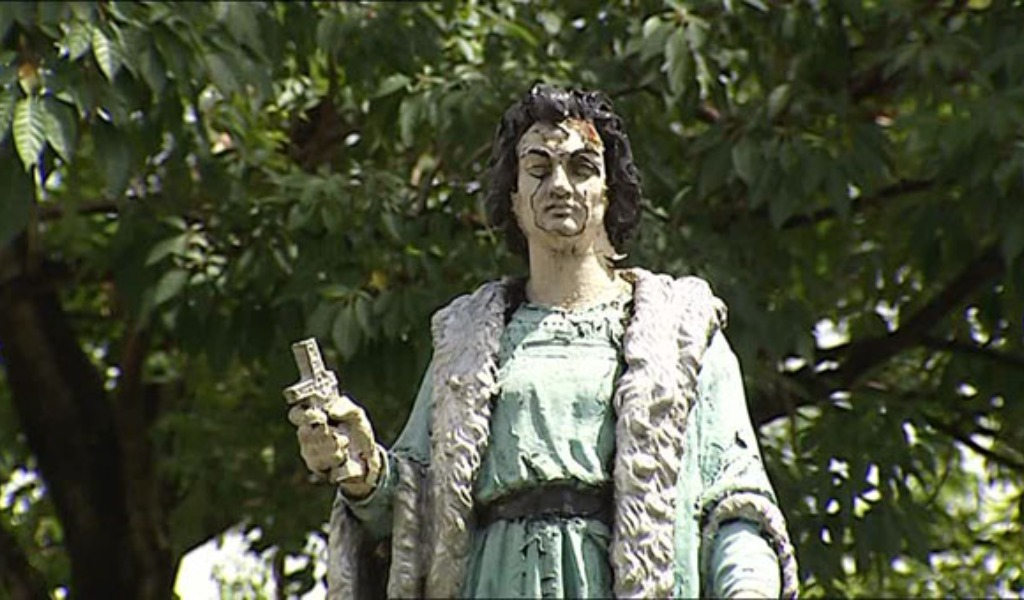Should we remove Colonial Monuments and rename our streets and public spaces? Part II
August 18, 2022

Some Have Asked,
Who or what gives me the right to select and identify the names of streets, highways, parks, buildings, squares, open spaces, or the plaques, statues, monuments, or other memorabilia affixed to walls, for removal, on the celebration of the anniversary of our independence of the people and the Republic of Trinidad and Tobago from British colonialism and imperialism?
To this, I answer, only those who have suffered as I have.
I speak on behalf of,
-
the twenty million odd who died during the middle passage and the voiceless dead enslaved. I speak for all the descendants of the enslaved Africans long dead, as well as for the generations of their descendants yet to be born. All who did not choose to come to this country, bound and enslaved, from their homeland of Africa. They did not come here by agreement or by contract but were kidnapped and brought here enchained and enslaved as property of Europe’s capitalist class, its governments, and its Royal families.
-
those who were later emancipated by the British Government in 1834 but only to have their legal status converted merely to that of continued colonial subjects of the British Empire until they were finally granted independence in 1962.
-
the descendants of enslaved Africans, victims of Europe’s crime of the millennium. It is this most brutal period of humanity’s march. The unforgivable deeds and crimes committed against my people by Europe‘s government and its citizens give us the right to speak and to identify those who were directly responsible for the crimes committed under the yolk of centuries of slavery and of decades of colonialism that give me first the voice to speak.
It is Europe’s reluctance to even consider admission of fault or even agree that reparation is necessary and must inevitably follow like night follows day. This gives me the causation and the right to use my voice to speak.
It is the continued pain and the need to wash away the agonizing memory of the brutality from deep within the subconscious. But most importantly, it is the continued economic, political, and social disadvantage that we alone as descendants of African Slavery can speak authoritatively about due to our second-class citizenship. And yet it is the persistence of national impotence and the almost impossibility to build a Nation with a lasting heritage of slavery, indentureship, and colonialism that give me cause to speak, to name, and to identify that which gives most continuing pain that others seem unwilling if not unable to identify with. It is the pain in my historical memory that gives me the most cause to do this deed.
I, therefore, ask no forgiveness.
Winston H. E. Suite.
An Unapologetic Descendant of Trans-Atlantic Enslavement.
